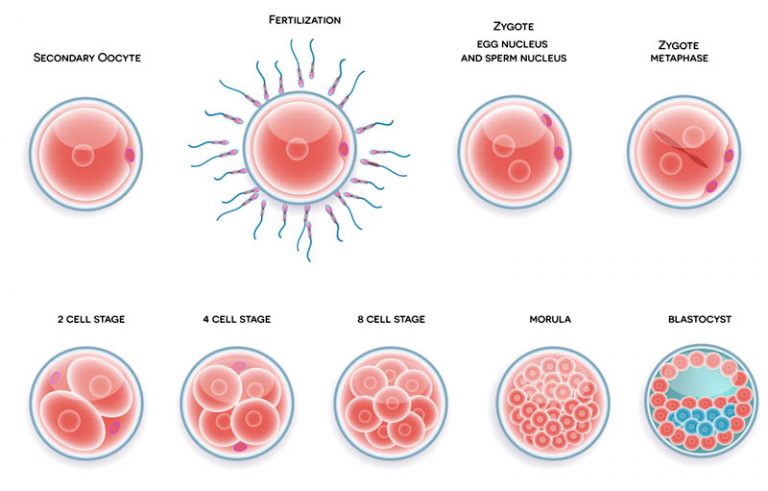Many intended parents go through a long, complicated and very emotional time during their journey to parenthood. It is an emotional roller coaster that often entail several failed attempts of achieving a pregnancy before reaching success. So it is not surprising that many parents are willing to explore the available options and use all existing alternatives to increase the chances of a successful pregnancy.
One such alternative is embryo glue. Embryo glue is a substance used during implantation that is said to help the embryo attach to the endometrium and thus increasing the chances of pregnancy. This is a fairly new product but during recent years the usage has increased significantly- today it is used in many fertility clinics around the world.
The Composition of Embryo Glue
Embryo glue is not exactly what it sounds like, in fact it is not a glue at all. Instead it is a substance consisting of completely natural ingredients that can already be found in the human body. It consists mainly of a high concentration of hyaluronan, or hyaluronic acid as it is also known. Hyaluronan exists naturally in the womb, ovaries and fallopian tubes. Studies have shown that the presence of this substance tend to make secretion from these three body parts stickier, something that increases the chances of successful implantation of the embryos.
Another ingredient in embryo glue is recombinant human albumin- together with the hyaluronan the two create a composition reminding of a blastocyst culture. Basically it is developed to recreate the conditions in a female uterus. By using this substance the embryo is said to have a better chance of attaching itself to the endometrium. The embryo glue also contains a number of nutrients and energy sources that will help the embryo not only to attach, but to develop well.
A Sensitive Procedure
The transfer and implantation of the embryo is one of the most sensitive procedures during an IVF program. To increase the chances of a successful implantation followed by a confirmed pregnancy different adhesive mediums, such as embryo glue, might be used.
Success Rates
Since the product is so new there has not been any long term studies that can determine the full effect of embryo glue. The few studies that have been made came to different conclusions. Early on experts claimed that the use of adhesives, such as hyaluronic acid, did not affect the number of successful pregnancies and births. However, more recent studies show that embryo glue can be helpful, especially for women who have experienced many failed implantation attempts before. One manufacturer of the product claim that the clinical pregnancy rate rose from 41% to 50% when using embryo glue. The product is approved for use on human embryos, therefore it should not be harmful to the the embryo, or to the mother. However, as previously mentioned, since the product is so new, there are no available studies of the long term effects.
Reasonably Priced
If in doubt whether to use embryo glue or not during a IVF treatment one fact that might make the decision a little bit easier for the intended parents is the price of the product. Although IVF procedures can be quite expensive embryo glue is not, at least not in comparison. Prices will of course vary from clinic to clinic but the general price will be anywhere between $200- 350. So if hesitating, for such a small price, it might be worth a shot. At least it will not harm in any way, it can only help.
Embryo glue is certainly a great new addition in the field of fertility treatments. This recent product is constantly improved, and it will be very interesting to follow the further development of embryo glue and its usefulness. Further use, testing and studying will show its effects and to what level it can increase the number of successful embryo implantations.
